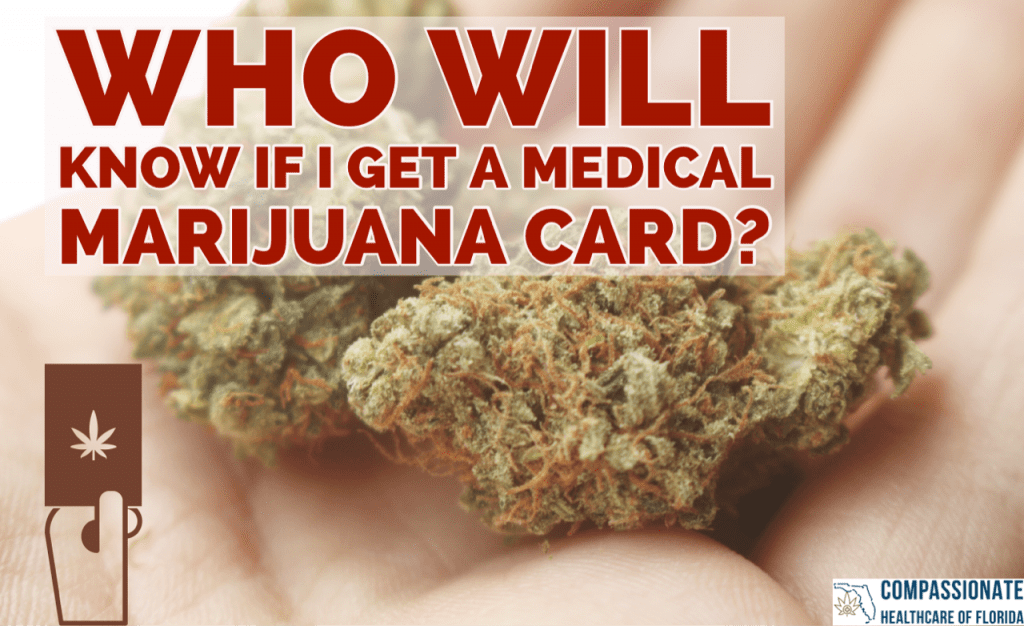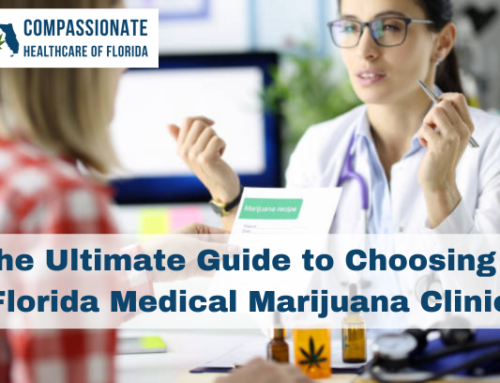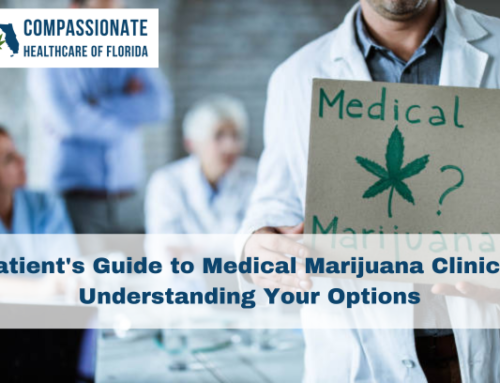
One of the biggest concerns people have regarding obtaining a medical marijuana card is ending up on a government database or being flagged in a background check. Cannabis users are fearful that their status as a medical marijuana cardholder will show up in a background check for a job, buying a firearm, impact their benefits or through Child Protective Services.
Due to marijuana’s legal grey area federally, the issue is complicated. Medical marijuana patients are subjected to their state’s laws, which vary dramatically.
How to Obtain a Medical Marijuana Card?
A medical marijuana certification is only given with a doctor’s recommendation. Depending on the state, patients have to demonstrate they are suffering from one of the state’s conditions worth treating with cannabis. Progressive states like Oregon and California are more lenient on what conditions qualify. Traditionally red states like Florida and Texas are much more restrictive on obtaining a medical marijuana card and may require more restriction, such as seeing the physician in person vs telemedicine options.
Medical Marijuana Patients are Protected Under HIPAA
A medical marijuana card is treated as a medical record and is protected under the Health Insurance Portability and Accountability Act (HIPAA). According to HHS, ‘The Privacy Rule, a Federal law, gives you rights over your health information and sets rules and limits on who can look at and receive your health information.’
During a routine background check, a medical marijuana card will NOT show up. However, applying for a job in law enforcement, the military, transportation jobs, or working with children usually requires a drug screen, and medical marijuana will show up for active users. Because cannabis use is not yet protected by the American With Disability Act (ADA), although some employers are ok with a medical marijuana card to explain positive drug screens for marijuana, others are not.
Areas Where Card Holders May Have Questions
While HIPAA protects an employees protected health information or PHI, there are other situations where a medical card users status can be discovered. In Florida for example the only people who will have access to the OMMU Registry are medical marijuana doctors, MMTC or dispensary staff, and law enforcement who have a warrant or are investigating a violation of law regarding marijuana in which the subject of the investigation claims an exception established under s. 381.986, F.S. If a patient is in active litigation and the other party had reason to believe medical cannabis use is relevant—they could subpoena records if they knew who a patient’s physician was. This does NOT mean the practice would send them, or if they would even be admissible in court; however, this is a slight possibility like any other medical records.
Online Background Checks
Many online services provide detailed background checks and are available for anyone to use for as low as $10. A medical marijuana card will not show up on a search as the state registry’s contain PHI, protected at the federal level. Because cannabis is still not federally legal, no insurance reimburses for it so no transactional records exist.
Buying a Firearm
Depending on the state, you may technically not be allowed to buy a new firearm if you have a medical marijuana card. The ATF application Form 4473 for new firearms restricts sales if an applicant answers that they use medical marijuana or illegal drugs.
Specifically Question 11E asks applicants:
“Are you an unlawful user of, or addicted to, marijuana or any depressant, stimulant, narcotic drug, or any other controlled substance? Warning: The use or possession of marijuana remains unlawful under federal law regardless of whether it has been legalized or decriminalized for medicinal or recreational purposes in the state where you reside.”
This does not apply to personal firearm sales, and nothing is reported back to the government when a patient acquires a medical card for cannabis.
A federal ban on the sale of guns to medical marijuana card holders does not violate the Second Amendment, a federal appeals ruling stated in 2019.
Some states like Oregon have protections in place allowing medical marijuana cardholders to buy a firearm. Furthermore, in 2011, the Oregon Supreme Court ruled that Oregon sheriffs can’t deny concealed handgun permits to medical marijuana cardholders.
Child protective Services
In most states, even Colorado and Washington, where cannabis is legal for adult use, CPS still treats medical marijuana as a Schedule 1 drug. CPS can’t take away children simply based on a patient obtaining a medical card, but it can still be used in a case against the parent if marijuana use or any substance, even legal ones such as alcohol, is causing harm to the child.
In Conclusion
Despite legitimate concerns over who can see if you have a medical marijuana card, it isn’t an issue in most situations. As long as you aren’t working directly with the federal government, are not involved in an active police investigation or are taking a drug screen for marijuana and have to explain the results, no one will know your medical status unless you share it and there shouldn’t be any reason to worry. However, we do highly recommend researching your state’s laws and employer’s stance on it before obtaining your medical marijuana certificate.



